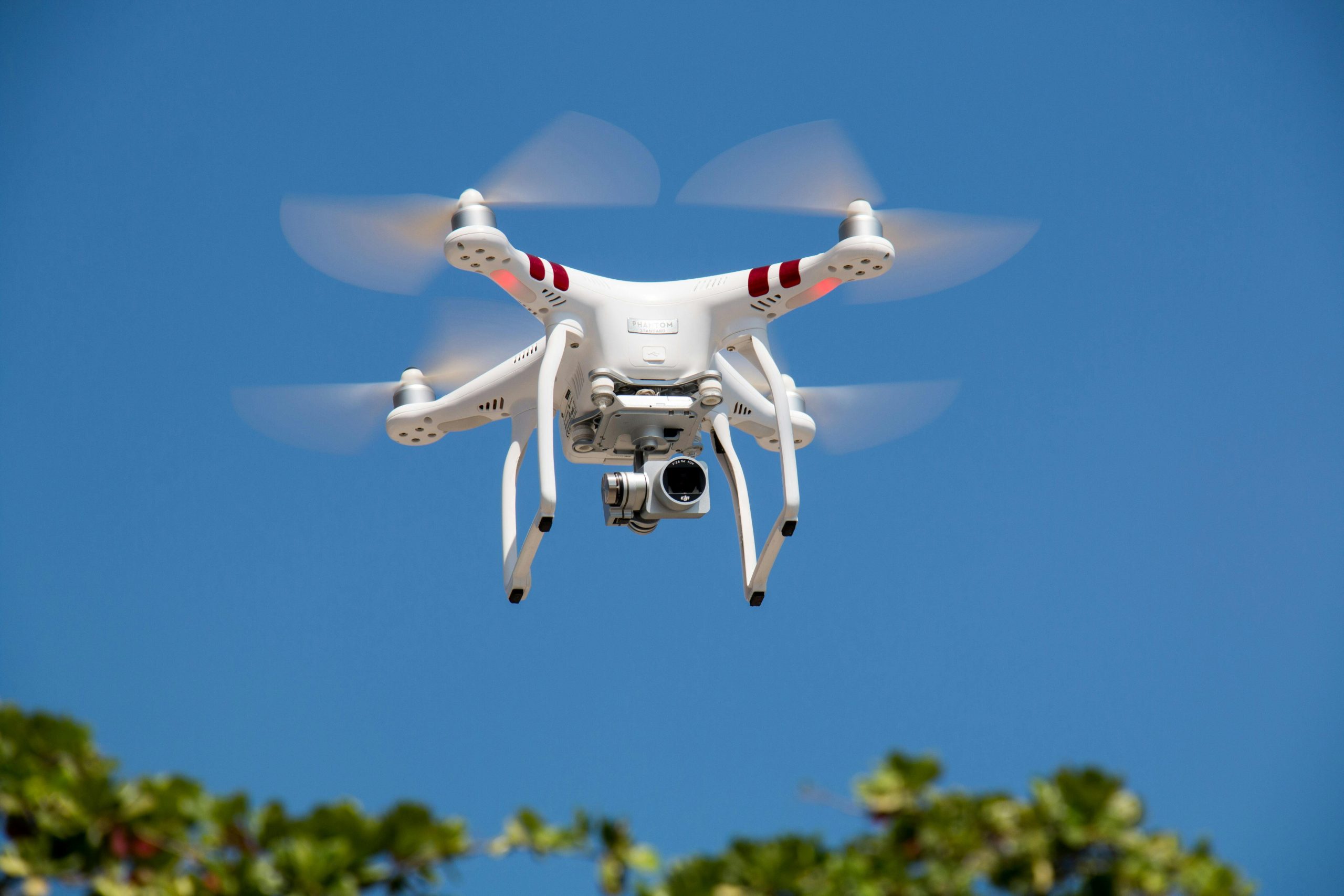I firmly believe that artificial intelligence will not contribute to the spread of misinformation.
Will Artificial Intelligence Really Amplify the Disinformation Crisis? A Closer Look
In ongoing discussions about the impact of artificial intelligence on information integrity, a common concern has emerged: that AI-generated content might significantly exacerbate the spread of disinformation. Skeptics worry that as AI becomes more capable, it will produce an overwhelming influx of fabricated or misleading information, flooding social media platforms and making it even harder to discern truth from fiction.
However, I believe this narrative might be overstated. To understand this, let’s consider how we consume content. Whether we’re browsing TikTok, YouTube, or other social media channels, most of us tend to watch around 100 to 150 short videos in a session. Introducing AI-generated content into the mix doesn’t necessarily increase the volume of material we consume—it simply adds a different layer of the same type of content we’ve been engaging with all along.
While it’s true that the amount of AI-produced “junk” can be substantial, the scale of human-generated disinformation over the years has already been staggering. Adding an additional petabyte of AI-driven misinformation may not significantly alter the media landscape from a consumer’s perspective. Our viewing habits and attention spans remain relatively stable; we’re drawn to entertainment, humor, emotional stories, or political content, largely driven by algorithms that favor engagement over accuracy.
Moreover, the formats used to present content can sometimes facilitate disinformation without making it blatantly obvious. For example, edited clips or viral snippets—such as a misleading quote from a celebrity or a doctored image—can have a significant impact even if they aren’t outright falsehoods. These subtle manipulations often bypass traditional skepticism, making disinformation more insidious.
The most credible concern about AI’s role in disinformation is the potential creation of highly convincing fake videos or audio clips—so-called deepfakes—that depict public figures saying or doing things they never did. While this threat is real and warrants attention, it’s also important to recognize that such sophisticated fabrications are just one part of a broader ecosystem of misinformation. Given the sheer volume of content consumed daily, I believe the influence of increasingly convincing AI fakes may be relatively limited in comparison.
In essence, the challenge of disinformation is rooted not only in its volume but also in how humans interpret and engage with content. To mitigate the impact of AI-driven misinformation, efforts should focus on education, media literacy, and platform accountability, rather than assuming AI will fundamentally alter the scale of the problem.
What are your thoughts














Post Comment